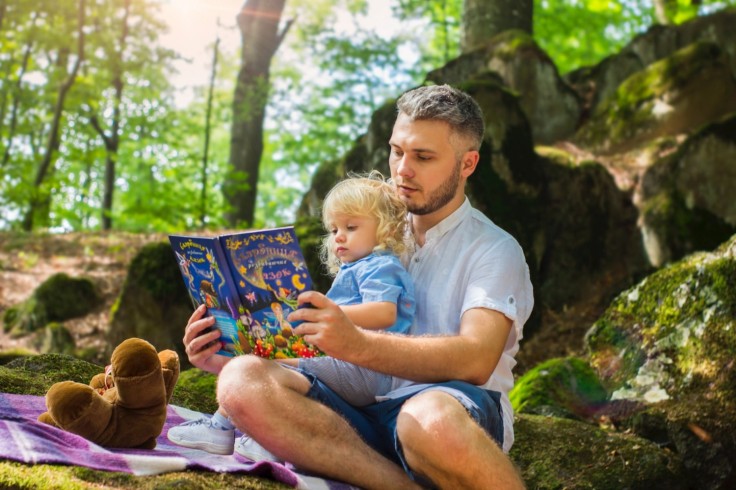
Helicopter parents are helpful to their children in the short-term as they assist their kids with everything and anything. They also rescue their kids when they are in trouble and they try their best to make sure that their kids do not undergo any inconvenience.
This kind of parenting style may be done out of love, but it can take a toll on children in the long-term. Kids who grew up with helicopter parents are fast to lose that competitive advantage when they grow up.
Some researchers have been studying the long-term effects of helicopter parenting, and here are the five biggest problems that kids with helicopter parents experience in adulthood:
Kids have more health problems when they grow up
A study from Florida State University in 2016 found that helicopter kids are more likely to have health issues when they grow up. The researchers found that most helicopter kids never learned how to manage their health because their parents always told them what to eat, what to drink, when to exercise and when to go to sleep.
Intrusive parents usually worry too much about the health of their kids and they provide constant reminders about what to do. Studies show that if those reminders are absent, helicopter kids do not care for their bodies and health.
They feel entitled
Helicopter parents dote on their kids so much that the kids end up thinking that they can get what they want all the time. That notion that they are special does not go away when they grow up. The researchers from the University of Arizona found out that kids with helicopter parents grew up feeling entitled. They are also more likely to agree with statements about being self-entitled. Other studies connect the sense of entitlement to disappointment and suffering later in life.
They experience more emotional problems as adults
Helicopter kids grow up without learning how to manage their emotions because their parents do that for them. If they were sad, their parents were the ones who cheer them up. If they were angry, their parents were the ones who calmed them down.
Their lack of emotional regulation skills becomes a problem once they live on their own. A study done by researchers at the University of Mary Washington in 2013 found out that college students who were who have helicopter parents are more likely to be depressed and they also feel dissatisfied with their lives.
Helicopter kids rely on medication
They are not used to tolerating discomfort because their parents shielded them from pain and prevented them from dealing with any kind of hardship. Helicopter kids are used to immediate gratification. This could explain why they are quick to reach for medication and they want their pain resolved immediately.
Researchers from the University of Tennessee conducted a study in 2011 and they found that college students whose parents hovered were more likely to take medication for depression and anxiety. They were also more likely to consume pain pills.
They lack self-regulation skills
Helicopter kids do not grow up with as much free times as other kids. Their environments are usually high structured and their time is regulated closely by their parents. Without any opportunities to practice managing themselves, they lack the skills that are needed to reach their goals.A study from the University of Colorado in 2014 found that adults who grew up with helicopter parents are less likely to possess the mental control and motivation that they need to succeed.
Helicopter parents only want to protect their kids, but hovering robs them of the mental strength that they need to reach their greatest potential in life.
ALSO READ: Helicopter Parenting Plays A Major Factor In Raising Unemployable Children